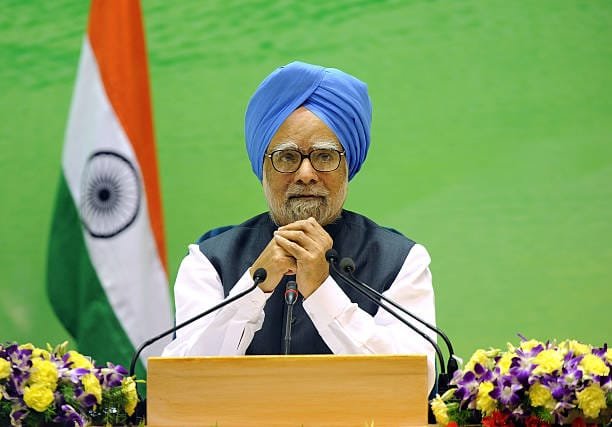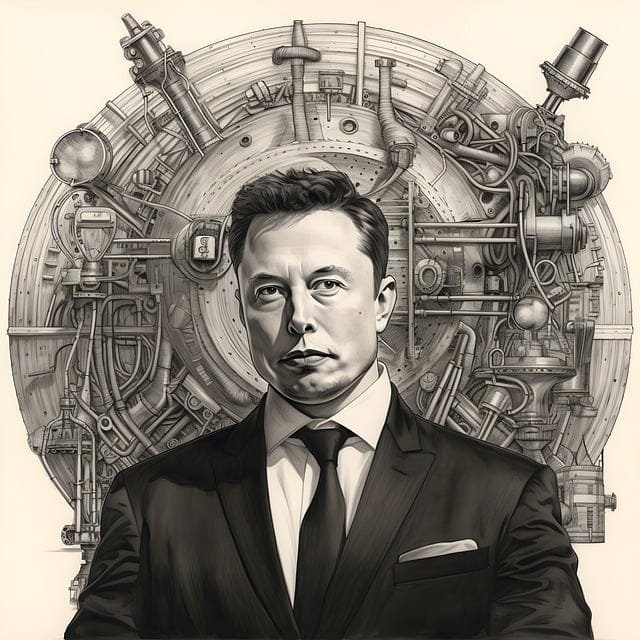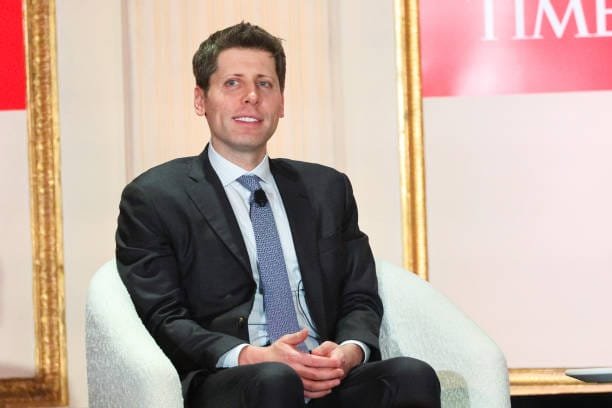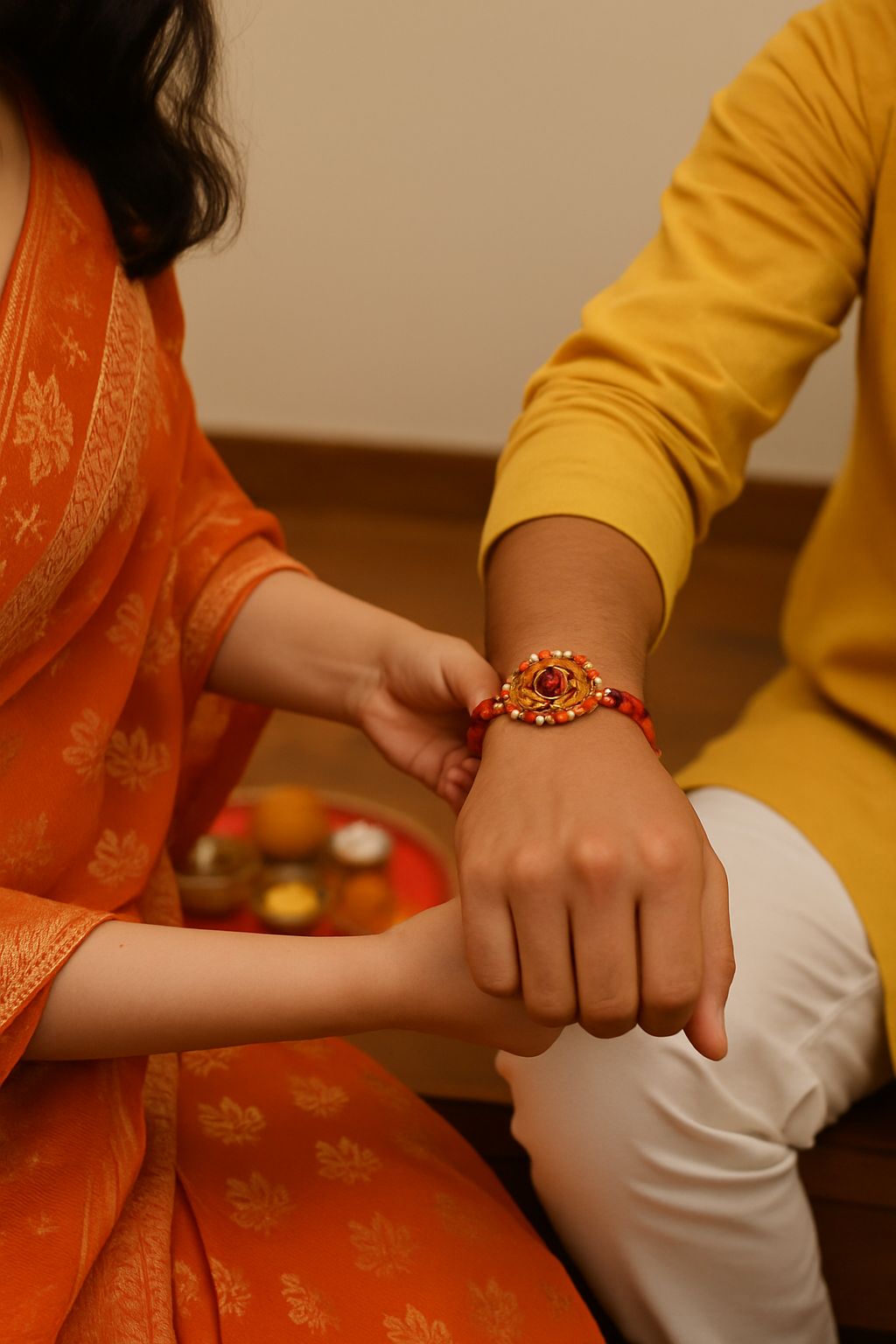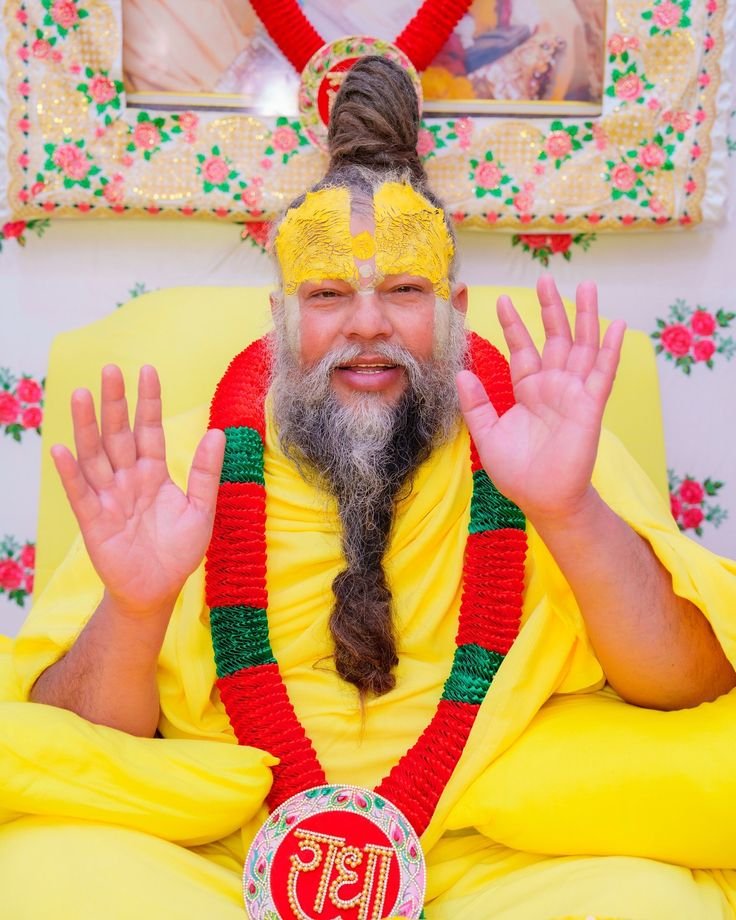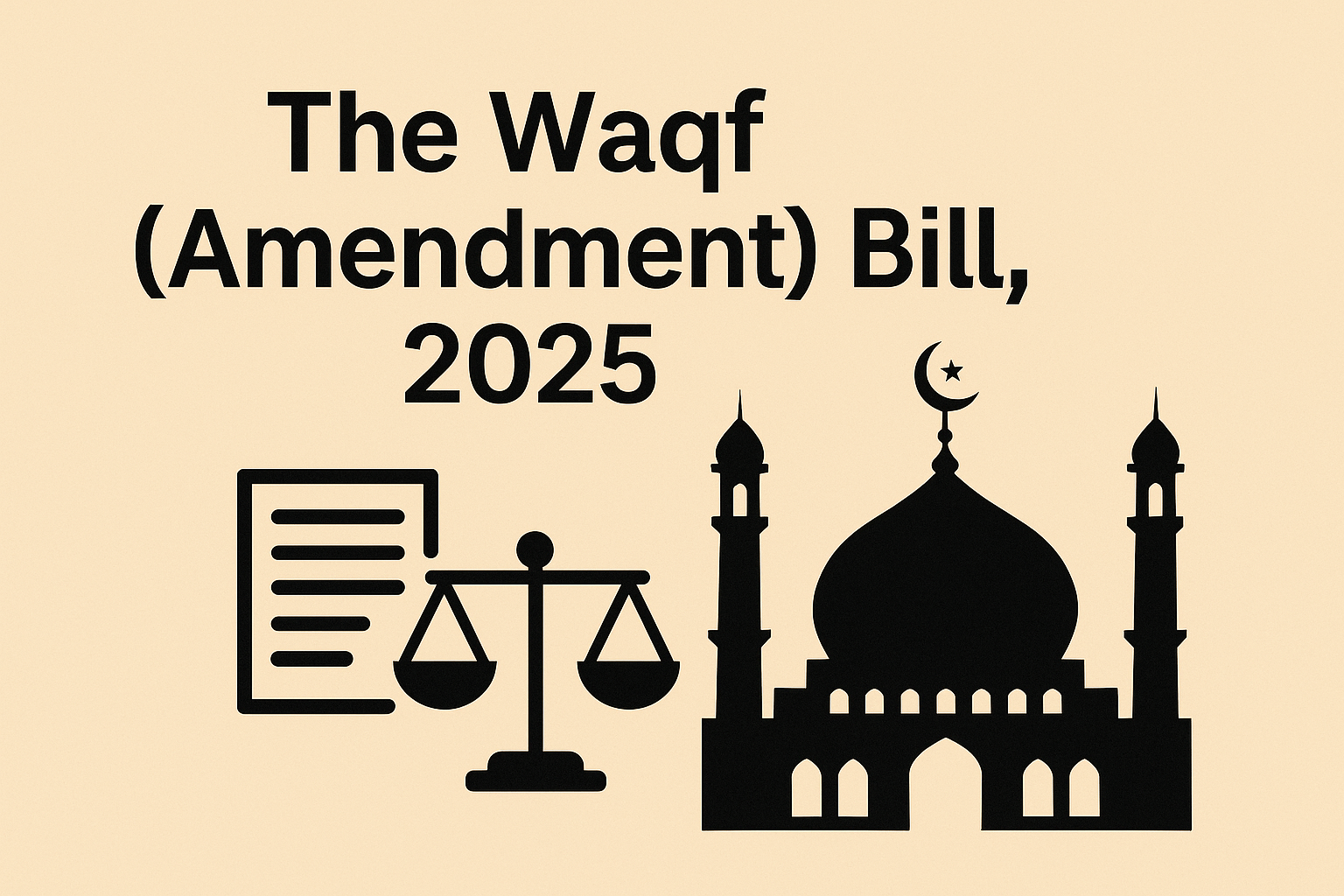Former Prime Minister of India Dr. Manmohan Singh passed away. He breathed his last on Thursday at the age of 92. Manmohan Singh was admitted to the emergency ward in Delhi AIIMS after his health became critical on Thursday evening, from where the news of his death came after some time.
It is noteworthy that Manmohan Singh was the 13th Prime Minister of India. He held the post of Prime Minister in the UPA government from 2004 to 2014. Manmohan Singh is known for liberalizing and revitalizing the Indian economy.
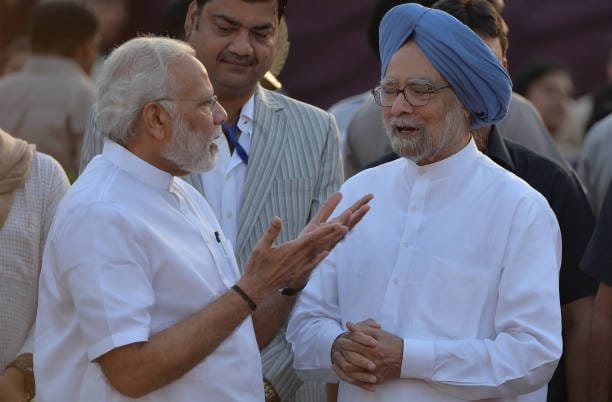
Importaint works
During his 10-year rule as Prime Minister, he took many such big and important decisions, which took India to greater heights. There are many such big decisions including Right to Education (RTE), Right to Information (RTI), MNREGA scheme, which he took while being the Prime Minister. Apart from this, during his tenure the Indian economy had set new records of speed. He had also rescued the economy from the shocks of the economic recession of 2008. Dr. Manmohan Singh is also given the credit for bringing crores of people out of the poverty line while he was the Prime Minister.
Birth and Education
Dr. Manmohan Singh was known as a thinker and scholar. Former Prime Minister Manmohan Singh was born on September 26, 1932 in a village in the Punjab province of undivided India. Dr. Singh completed his matriculation examinations from Punjab University in 1948. His academic career took him from Punjab to Cambridge University, UK, where he earned a first class honors degree in Economics in 1957. After this, he did D. Phil in Economics from Nuffield College, Oxford University in 1962. of.
He also wrote a book titled ‘India’s Export Trends and Prospects for Self-Driven Growth’, in which he criticized India’s inward trade policy. Dr. Singh also served as faculty at Panjab University and the prestigious Delhi School of Economics. Apart from this, he also worked for some time in the UNCTAD Secretariat.
Services given on these Posts
This was followed by his appointment as Secretary-General of the South African Commission in Geneva between 1987 and 1990. In 1971, Dr. Singh joined the Government of India as Economic Advisor in the Ministry of Commerce. This was soon followed by his appointment as Chief Economic Adviser in the Ministry of Finance in 1972.
Manmohan Singh’s journey
- 1932: Birth – Village Gah (now in Punjab, Pakistan)
- 1954: Completed Master’s degree from Punjab University
- 1962: D.Phil from Oxford University. (Doctorate)
- 1972: Became Chief Economic Advisor in the Finance Ministry
- 1976: Took over as Secretary in the Finance Ministry
- 1982: Appointed Governor of the Reserve Bank of India
- 1985: Became Deputy Chairman of Planning Commission
- 1987: Awarded Padma Vibhushan
- 1991: Became Finance Minister in P.V. Narasimha Rao government
- 2004: Elected as the 13th Prime Minister of India
- 2009: Re-elected as Prime Minister after completing his tenure
- Manmohan Singh was the 13th Prime Minister of India.
- He was also the Finance Minister of India from 1991 to 1996.
Dr. Singh has served on many government posts. These include the Secretary in the Finance Ministry, the Deputy Chairman of the Planning Commission, the Governor of the Reserve Bank of India, the Advisor to the Prime Minister and the Chairman of the University Grants Commission. He was the Finance Minister of India from 1991 to 1996. His role in initiating a comprehensive policy of economic reforms is now known throughout the world.
Awards and Honors
Manmohan Singh has received many awards in his public life. Prominent among them is India’s second highest civilian award, the Padma Vibhushan, which was awarded to him in 1987. Apart from this, he received the Jawaharlal Nehru Birth Centenary Award of the Indian Science Congress in 1995, the Asia Money Award for Finance Minister of the Year 1993 and 1994, the Euro Money Award for Finance Minister of the Year 1993, and the Adam Smith Award of the University of Cambridge and St. John’s College, Cambridge. Wright Award for Distinguished Performance (1955).
Apart from this, Manmohan Singh has received honorary degrees from many universities, including Cambridge and Oxford Universities. He has also represented India in many international conferences and many international organizations. He led the Indian delegation to the Commonwealth Heads of Government Meeting in Cyprus (1993) and the World Conference on Human Rights in Vienna in 1993.
Political Career
In his political career, Manmohan Singh has been a member of the Upper House of the Parliament of India (Rajya Sabha) since 1991, where he was the Leader of the Opposition between 1998 and 2004. Manmohan Singh was sworn in as Prime Minister on 22 May following the 2004 general elections and took the oath of office for a second term on 22 May 2009.
Provided these services for the Government of India
- Chief Economic Advisor (1972–1976): Contributed to major economic decisions.
- Governor of the Reserve Bank of India (1982-1985): played an important role in monetary policy.
- Deputy Chairman of the Planning Commission (1985-1987): He contributed to India’s economic planning while serving as the Deputy Chairman of the Planning Commission.
Entered Politics during India’s Economic Crisis
In 1991, Dr. Manmohan Singh entered Indian politics. This was the time when India was facing an economic crisis. In such a situation, the then Prime Minister P.V. Narasimha Rao appointed him the Finance Minister. While holding this post, he took historic steps to improve India’s economy.
Achievements of Manmohan Singh as PM
- NREGA: This scheme, started in the year 2005, brought a big change in the lives of people living in rural areas. Under this, every rural family got a guarantee of at least 200 days of employment, which helped them a lot in earning their livelihood. Rural infrastructure also improved.
- Right to Information (RTI): This law was also passed in the year 2005, which increased transparency in government work. Under this law, the public has the right to obtain any information related to the decisions and rules of the government.
- Aadhar Scheme: The Aadhar Scheme provided a unique identity to every Indian citizen, making it easier for people to access government services. Also, instead of many identity cards, this one identity card made people’s life easier.
- Direct Benefit Transfer (DBT): The system of transferring money directly to people’s accounts was started during the tenure of Manmohan Singh. This helped to a great extent in reducing corruption and government assistance started reaching the people directly.
- India-US Nuclear Agreement: After this agreement, India got access to civil nuclear technology and also strengthened India’s position at the international level. This is seen as the most important achievement of Dr. Singh’s tenure.
He Breathed his last Breaths (Death)
He was suffering from age-related diseases. He fainted at home on 26 December and was admitted to AIIMS, New Delhi. Here he said goodbye to the world forever.

